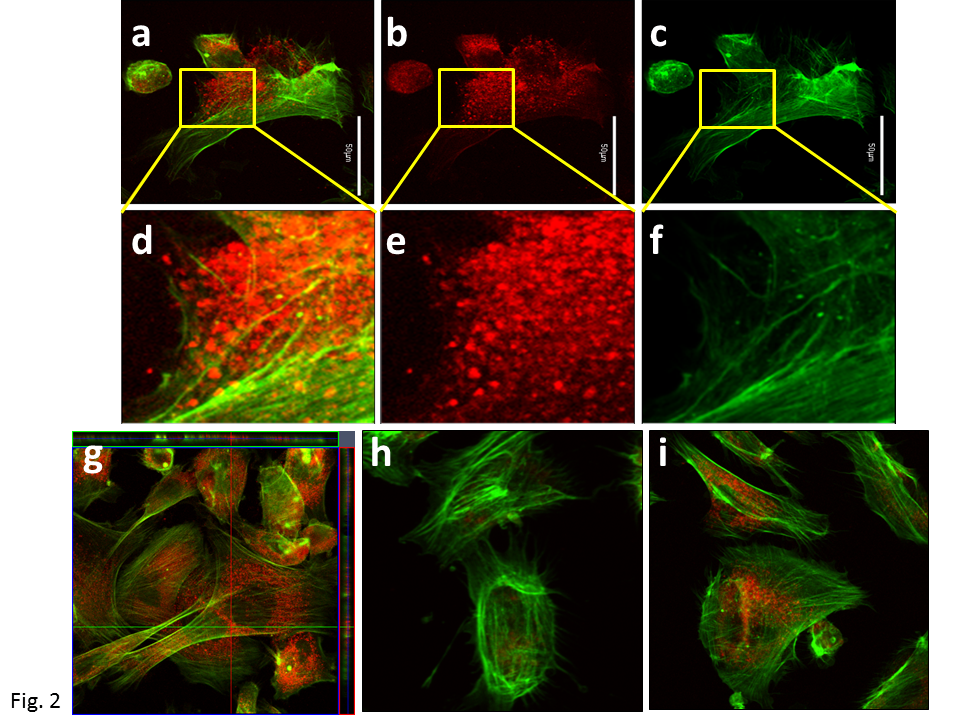Cell Tissue Res. 2016 Feb 3. [Epub ahead of print]
Harp D, Driss A, Mehrabi S, Chowdhury I, Xu W, Liu D, Garcia-Barrio M, Taylor RN, Gold B, Jefferson S, Sidell N, Thompson W. Our objective has been to establish a pro-angiogenic role for exosomes in endometriosis and to determine whether a differential expression profile of cellular and exosomal microRNAs (miRNAs) exists in endometriosis. We performed an in vitro study of human primary endometrial stromal cells (ESCs) and human umbilical vein endothelial cells (HUVECs). We isolated and characterized exosomes from ESCs from five endometriosis patients and five phase-matched controls. Exosomes were characterized by transmission electron microscopy and NanoSight technology. MiRNA was assessed by deep sequencing and reverse transcription with quantitative polymerase chain reaction. Exosome uptake studies were achieved by means of confocal microscopy. The pro-angiogenic experiments were executed by treating HUVECs with ESC-derived exosomes. We observed differential profiles of exosomal miRNA expression between exosomes derived from endometriosis lesion cells and diseased eutopic stromal cells compared with exosomes derived from control ESCs. We also demonstrated autocrine cellular uptake of exosomes and paracrine functional angiogenic effects of exosomes on HUVECs. The results of this study support the hypothesis that exosomes derived from ESCs play autocrine/paracrine roles in the development of endometriosis, potentially modulating angiogenesis. The broader clinical implications are that Sampson’s theory of retrograde menstruation possibly encompasses the finding that exosomes work as intercellular communication modulators in endometriosis. PMID: 26841879 [PubMed – as supplied by publisher]
Full article free http://link.springer.com/article/10.1007%2Fs00441-016-2358-1

